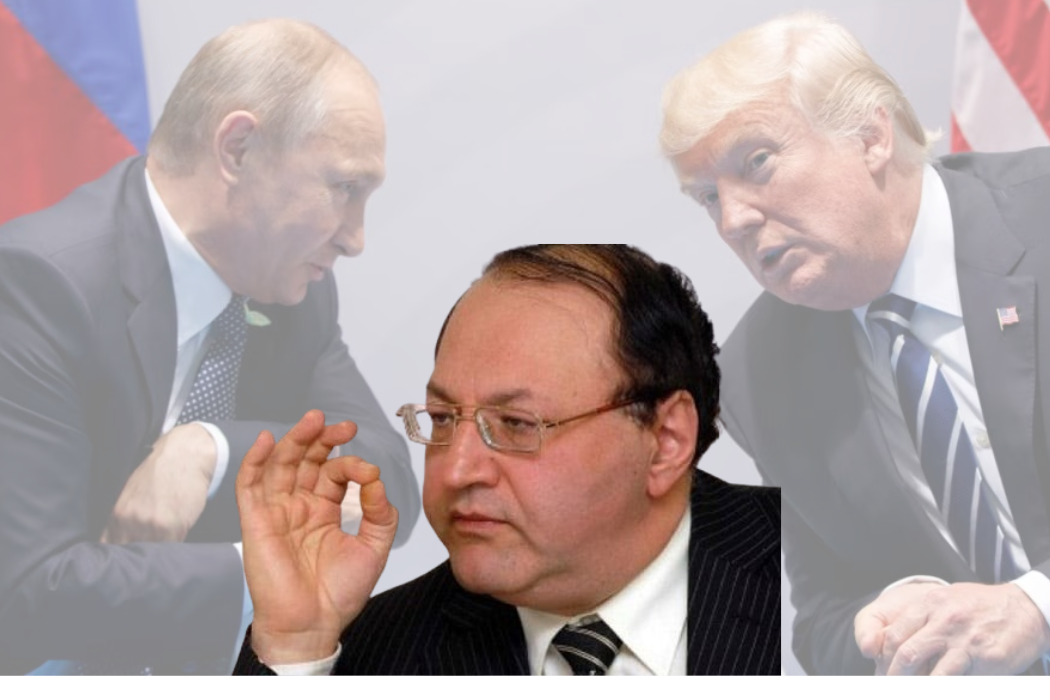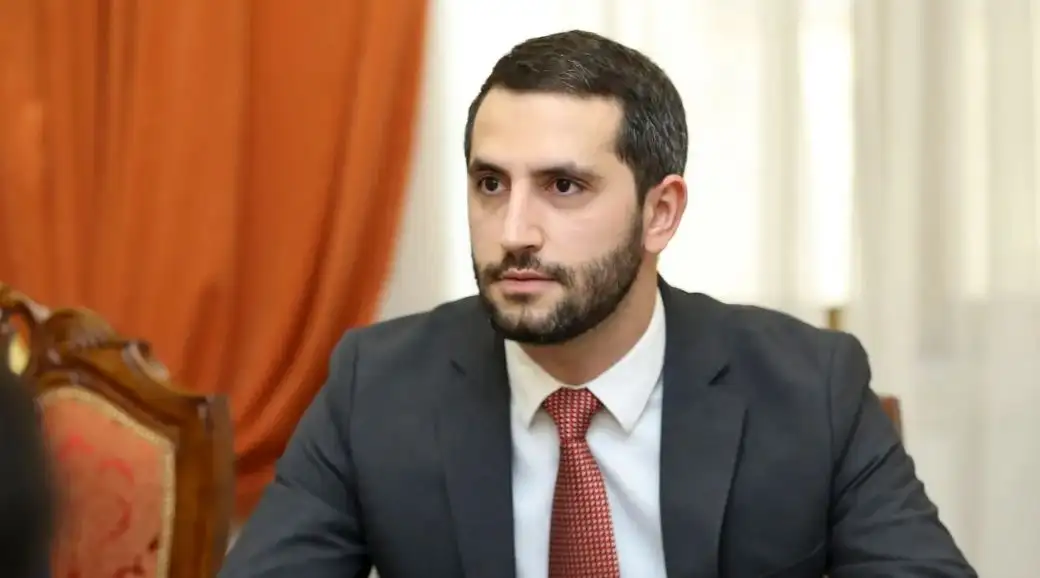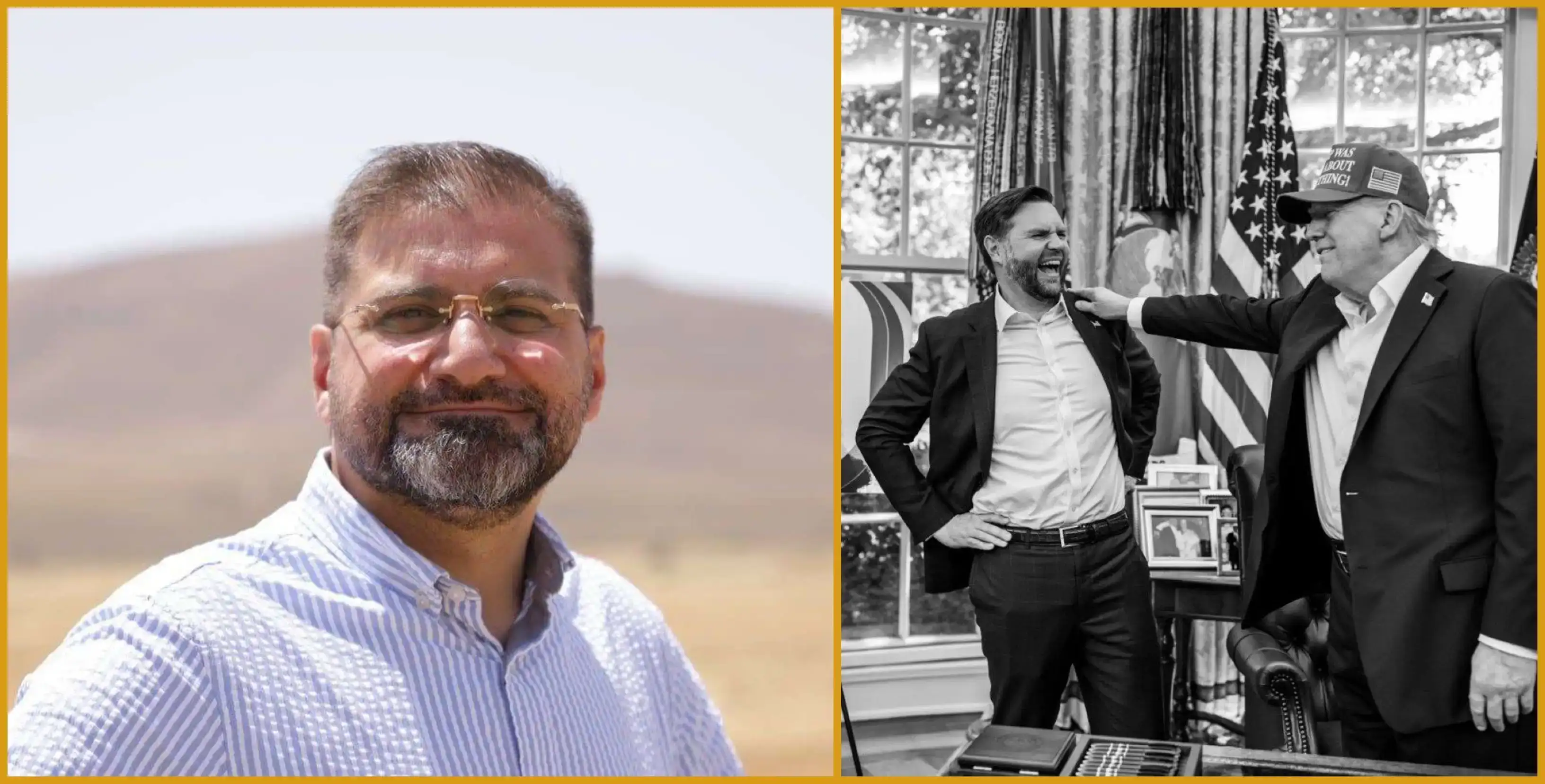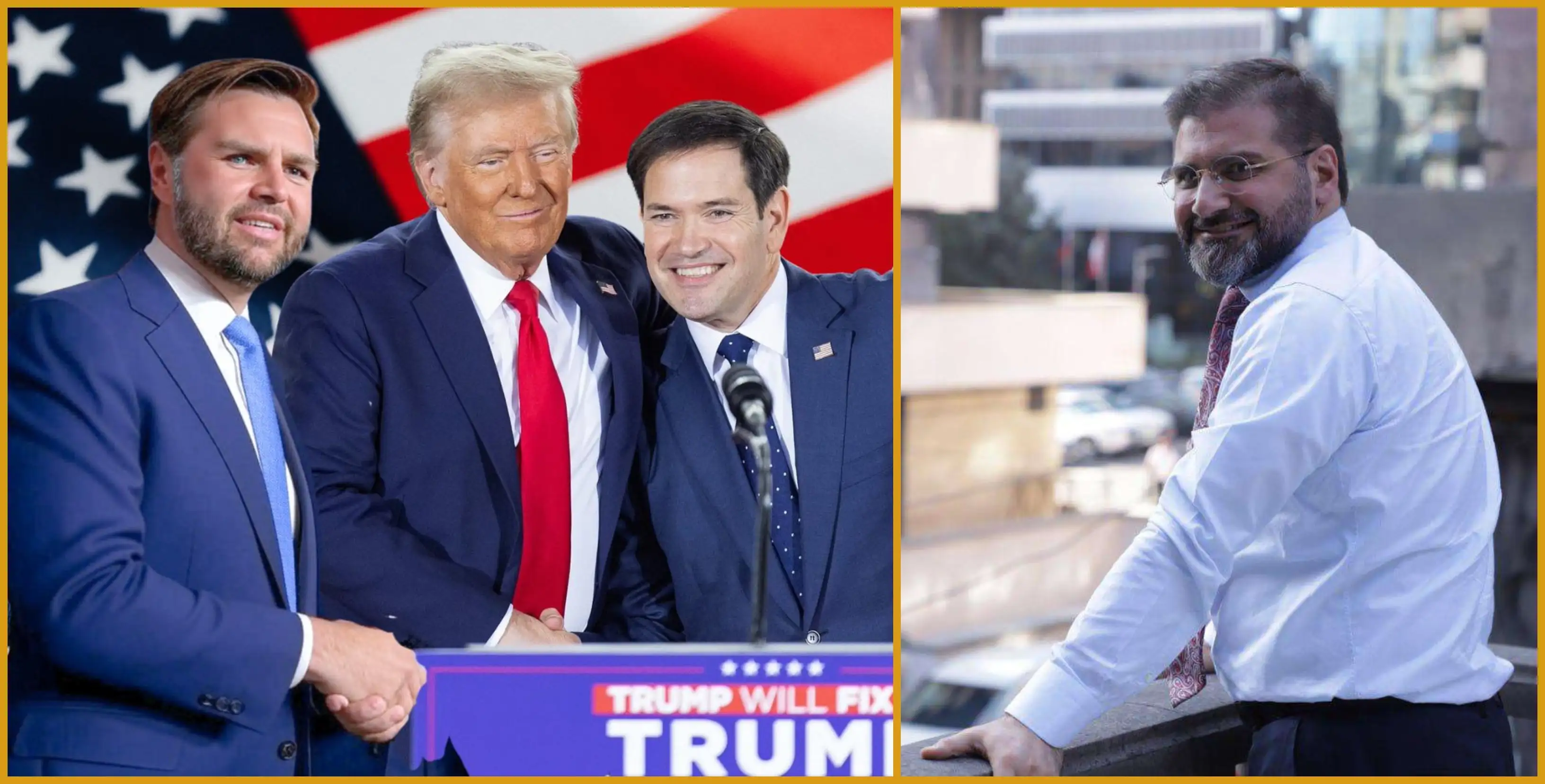US President Donald Trump ruled out Ukraine joining NATO in a conversation with European leaders and Volodymyr Zelensky. He also noted that there will be severe consequences if Russian President Vladimir Putin does not agree to stop the war after Friday's meeting.
Radar Armenia spoke to Hmayak Hovhannisyan, President of the Union of Political Scientists of Armenia, on this topic.
- How do you imagine Trump can ensure Ukraine's security if Kyiv rules out NATO membership, and what risks will there be not only for Ukraine's security and foreign policy, but also for the overall security of Europe?
- First of all, Trump believes that the United States should independently pursue a policy that seeks its interests. That is, he does not limit the United States' policy on security issues in the world to the framework of NATO; he believes that the United States has an additional role beyond its responsibilities as a key NATO member. Today, Trump is meeting with Putin one-on-one, and he did not invite either the Ukrainian President or his allies to that meeting, thereby demonstrating the exceptional role of the United States as a world leader. This is a critical approach and entirely fits into the framework of Trump's policy. Regarding the question of whether the United States can independently guarantee Ukraine's security, I can confidently say that it can, given the significantly greater military-political potential of the United States compared to all European countries, the G7, and NATO. The guarantee of the United States carries more weight, which is why we preferred to reach a common understanding with Azerbaijan not under the auspices of Russia or the European Union, but under the auspices of the United States. The security guarantees provided by the United States are much more reliable.
-How can other European and NATO member states react when the US president openly refuses to support Ukraine's membership in the alliance?
- French President Macron has clearly expressed himself on this issue, emphasizing that it is necessary to take into account Russia's security concerns and not to include Ukraine's membership in NATO on the agenda. France has a vital role in Europe; it is a key country in political terms. I repeat, the French President has had many occasions in recent years to state that Russia's concerns must be taken into account and the issue of Ukraine's membership in NATO must be removed from the agenda. Today, Europe sees Russia's painful reaction to Ukraine's aspirations to become a member of NATO, so it considers it necessary not to provoke the Russian bear. I am not talking about the Baltic newcomers, but the old-timers of the European Union understand that a confrontation with Russia must be avoided. Trump's reluctance to take a leading role in resolving Ukrainian issues aligns with the approaches of the European Union's long-standing members. On the contrary, they fear that the United States may get tired and change its mind. After all, the influence of the Monroe Doctrine is still strong in traditional American ideas, according to which the United States should not interfere in world affairs and limit its activity to the American continent.
-What kind of "severe consequences" can be discussed in international politics if Russian President Vladimir Putin does not agree to stop the war, and how realistic are these consequences?
-In the context of today's meeting, all of Trump's threats remain in force. Trump has announced that he will impose secondary sanctions against countries that buy gas and oil from Russia, thereby enabling Russia to continue the war. He has left these threats in force and, if the negotiations fail, has threatened to punish Russia more severely on the eve of the meeting with Putin. As for Turkey and Azerbaijan, they are also interested in Russia compromising by meeting Ukraine's demands to restore its territorial integrity, because only then will they avoid Trump's secondary sanctions.
Lilit Abrahamyan


















